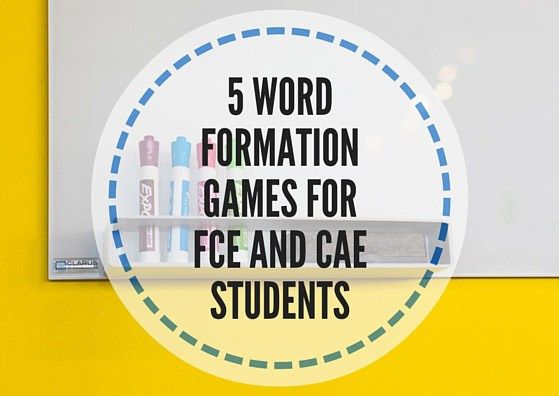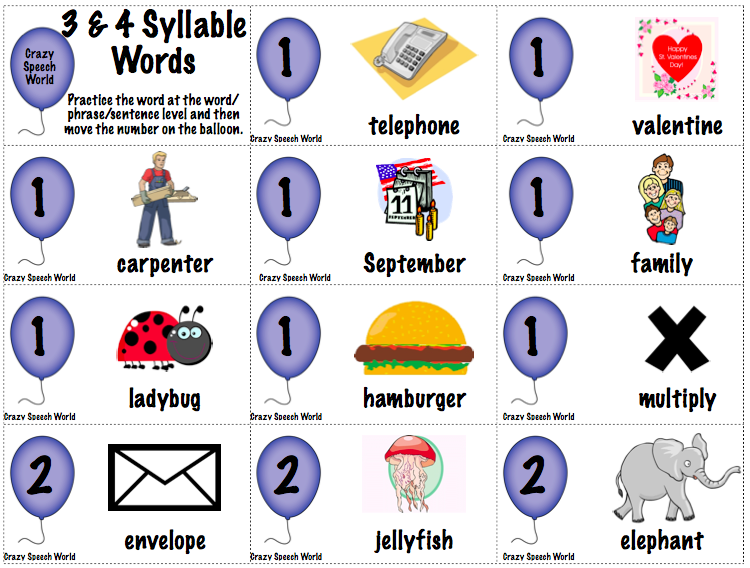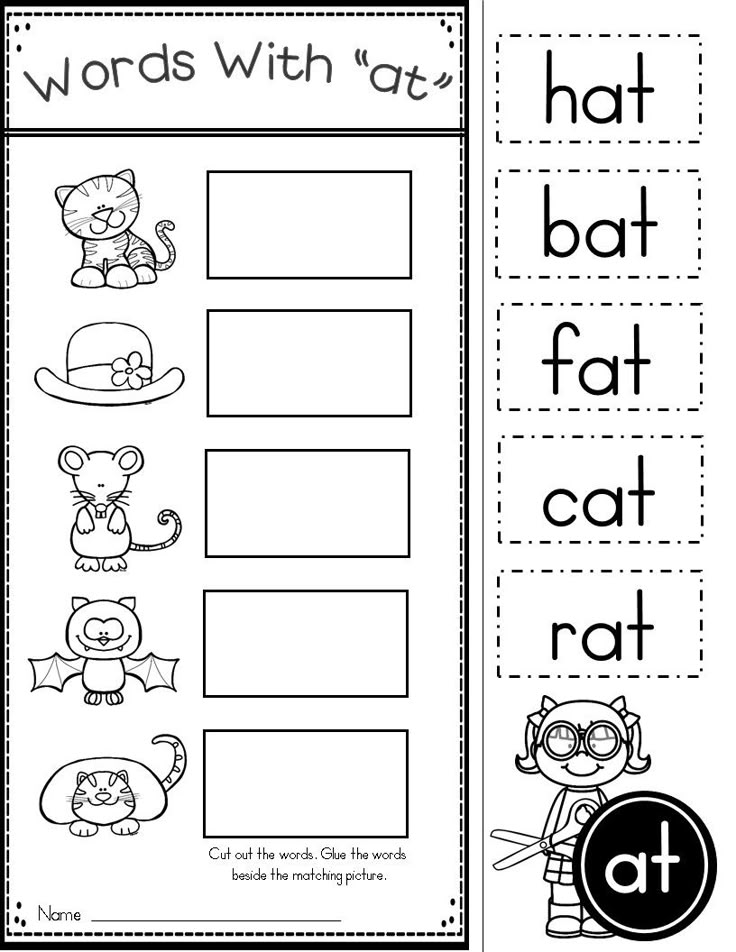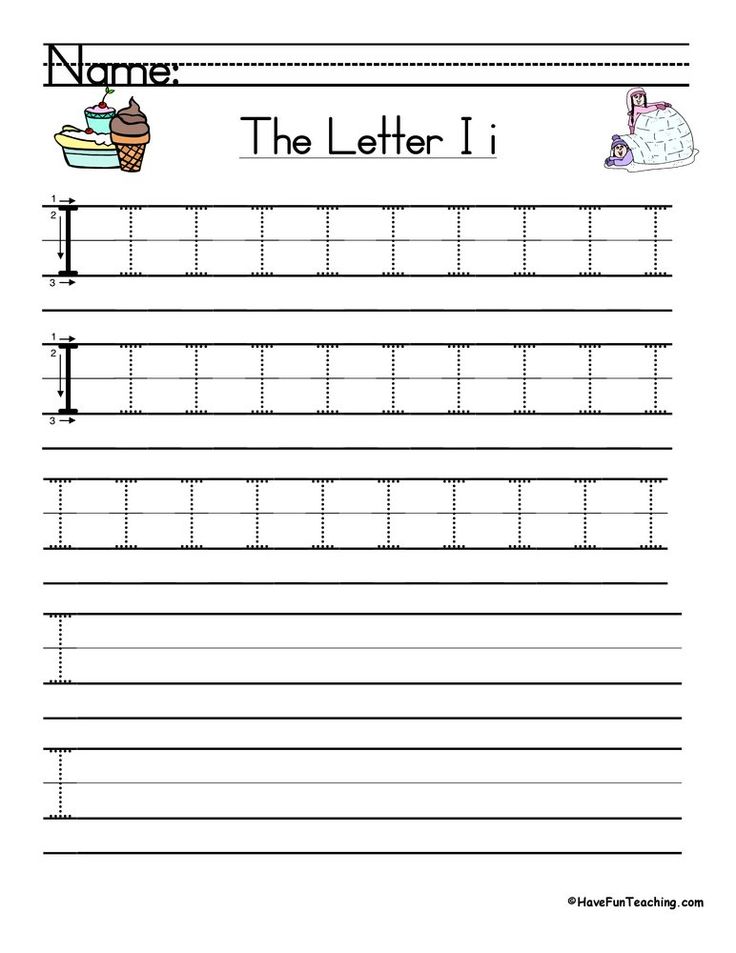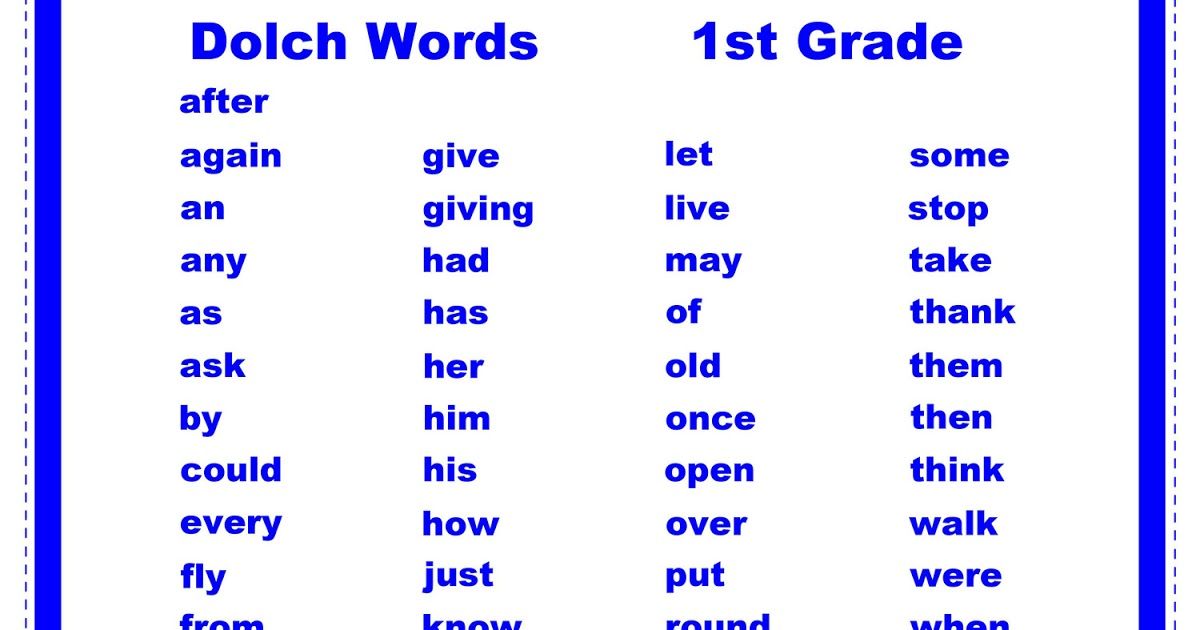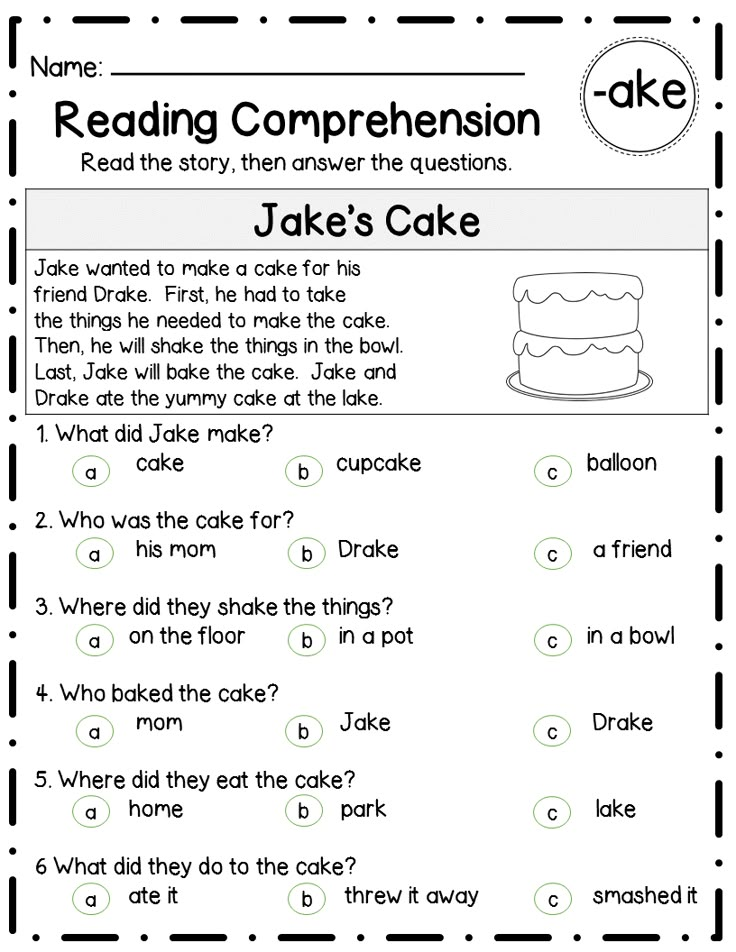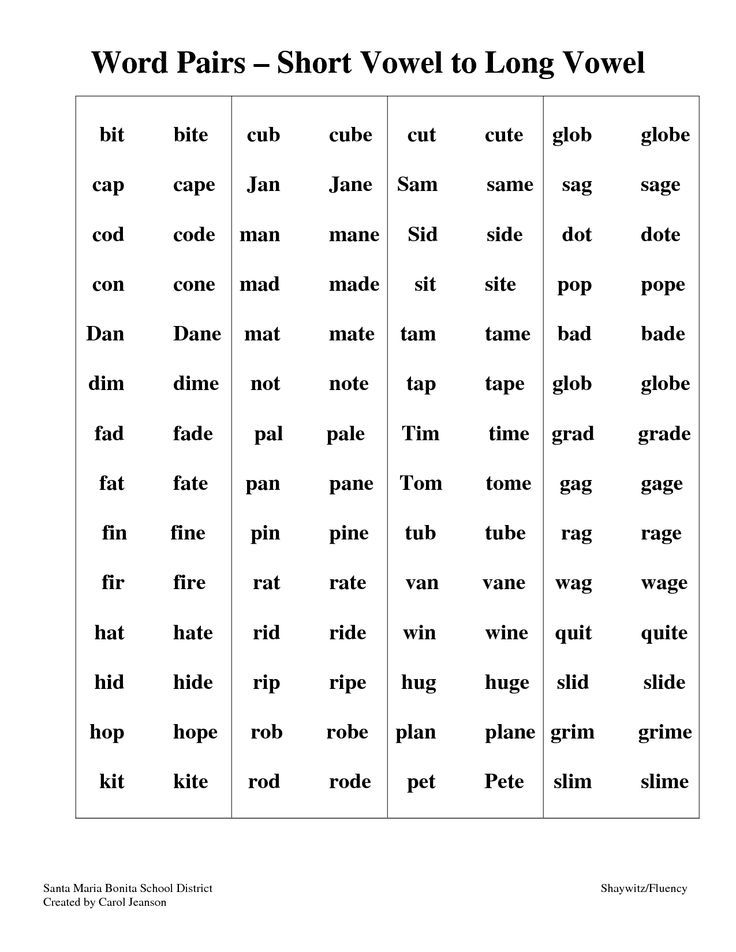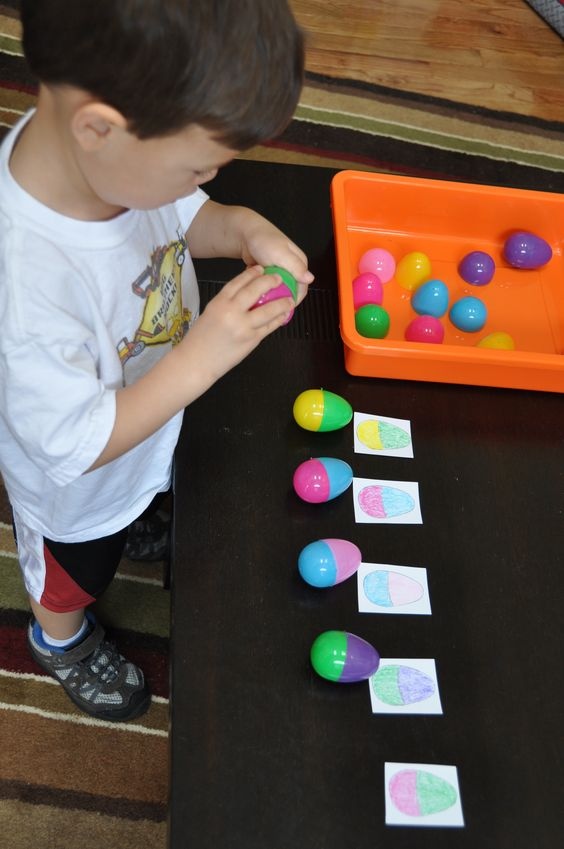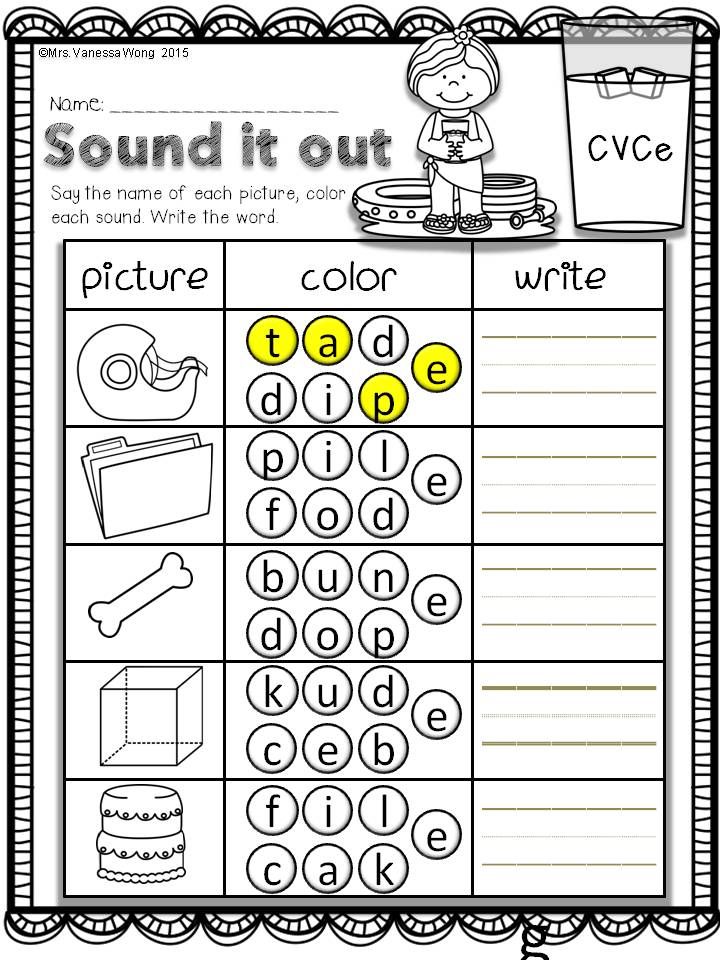Games that help you learn
Engaging Classroom Games for All Grades
What happens when the crewmates can’t perform their task in the popular game Among Us? Among Us is a multi-player social deduction game where players are assigned a position of either a crewmate or an imposter. Children are fascinated with games like these, and teachers are taking notice. Surprisingly, games like Among Us help foster key learning skills and with a little forethought, teachers are learning how to incorporate these engaging games into their classroom.
Why are Games an Effective Engagement Tool?
According to research, using games in the classroom can increase student participation by motivating students through experiences they enjoy and want to continue to play. According to psychologists, play contributes to a child’s cognitive development and helps to foster social and emotional learning. Classroom games also add flair to boring topics or a much-needed break when integrated to relevant learning objectives.
Engaging Classroom Games for Students
Here are some current, popular K-12 classroom games to help motivate and engage learners.
Who’s the imposter?
Among Us is a multi-player game (4-10 players) that takes place on one of three maps: spaceship, sky base, alien planet. Each player in the game is secretly assigned a role of a crewmate or an imposter. The crewmates must complete tasks before getting killed by the imposter or identifying the imposter, while the imposter’s job is to eliminate as many crewmates as they can before being identified. This game fosters many skills: higher-order thinking, problem solving, communication, collaboration, critical thinking, and reasoning to name a few. Teachers can either use this game as a motivational tool (fun Friday) or use the concept of the game. For example, find the imposter with math facts, create your own escape room, or play Among Us using Flipgrid.
Chess
The game of chess is growing in popularity thanks to the television show the Queen’s Gambit.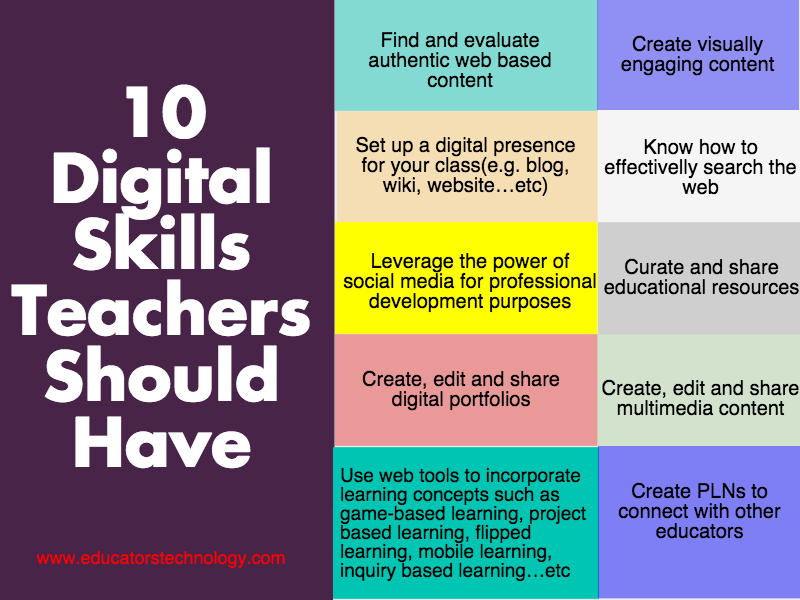 Over 62 million people watched the extraordinary talent of a young orphan playing chess and now everyone wants to give it a try. Teachers can jump on the bandwagon and get their students excited about chess too. What is often regarded as a game of intelligence and logic can also help build confidence in students. Research shows 72% of students say that learning to play chess has made them more confident when learning difficult material. It also shows to increases memory, problem-solving skills, and concentration. Students can learn the game in the classroom or online at Chess.com.
Over 62 million people watched the extraordinary talent of a young orphan playing chess and now everyone wants to give it a try. Teachers can jump on the bandwagon and get their students excited about chess too. What is often regarded as a game of intelligence and logic can also help build confidence in students. Research shows 72% of students say that learning to play chess has made them more confident when learning difficult material. It also shows to increases memory, problem-solving skills, and concentration. Students can learn the game in the classroom or online at Chess.com.
Minecraft
Minecraft is transforming education with millions of students learning with the education edition. This collaborative game, where students work competitively but also together to solve problems and challenges has so many possibilities and potential for different uses in the classroom. The game can be used for a tool for writing – create stories based on your character, as a way to build digital citizenship – effectively communicating with others, or to help make history come alive – show knowledge of historic places or create historic experiences.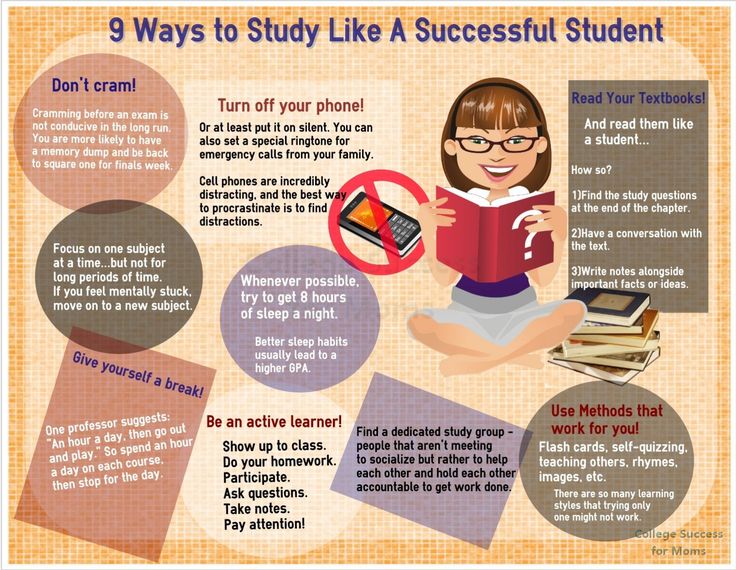 While Minecraft is a complex game, it’s also very engaging and can really help to develop key skills that students need to learn.
While Minecraft is a complex game, it’s also very engaging and can really help to develop key skills that students need to learn.
The Stand-Up Game
The Stand-Up game also known as the “Nunchi Game” in South Korea, is a popular classroom game that can be played in-person or virtually. The goal of the game is for students to one at a time stand up and say a number, but if two students stand up at the same time, then they are out. If playing virtually students just shout out the number versus standing up. To play, choose a number to count up to. Instruct students that one student must stand up and say the number 1. Then a different student must stand up and say number 2, and so on up to the number you choose to go to. Any student can stand up at any time, but if two students stand up at the same time, then they lose.
Kahoot and Quizizz
Interactive game platforms like Kahoot and Quizizz are so engaging that many teachers are now reporting that their students are requesting to play them as part of their learning. These free gamified quizzes are a great tool for teachers to scaffold and can be calibrated to any ability level. Students love playing them because they are not only fun but “you don’t feel like you’re learning when you play”, said one student.
These free gamified quizzes are a great tool for teachers to scaffold and can be calibrated to any ability level. Students love playing them because they are not only fun but “you don’t feel like you’re learning when you play”, said one student.
Story Cubes
Story Cubes are a literacy and story-telling tool (or game) that teachers can use in their classroom. There are 9 dice with 54 images total. You can purchase the original set, the action set, or voyages set. By rolling the dice, a different set of images is revealed, and students must tell a story that involves all nine images. These cubes can be used individually as a writing prompt to help students write a story or be used competitively as a game. If using as a game, break students up into three teams. Then, instruct students to roll the die and together as group come up with a story. Then one member of each group reads the story to the class and students vote on the best team’s story to see which group wins!
Games can have a powerful impact on learning and are also quite useful in the classroom because they allow students to socialize and learn to communicate better with one another.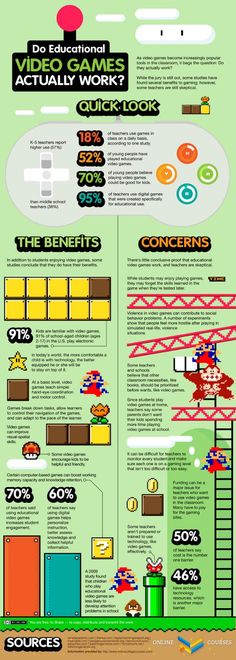 When implementing games, don’t rule anything out; many games can help develop a slew of practical skills that you didn’t even think about before.
When implementing games, don’t rule anything out; many games can help develop a slew of practical skills that you didn’t even think about before.
*Updated July 2021
50 Educational Video Games That Homeschoolers Love
Jump to pageVideo games often get a bad rap. Some of that criticism may be deserved (many don't exactly encourage kids to get active), but video games aren't all bad. In fact, there are a number that are pretty darn educational and can help students young and old learn new things, develop problem-solving skills, and get creative, all while having a really great time. Many schools have already gotten on board with educational video games and homeschoolers can do the same. Here are some great games to try out that present quality educational content in a fun format that students from kindergarten to high school will love.
Gaming Platform
These video games for Wii, Xbox, and Playstation will get your kids loving the learning process.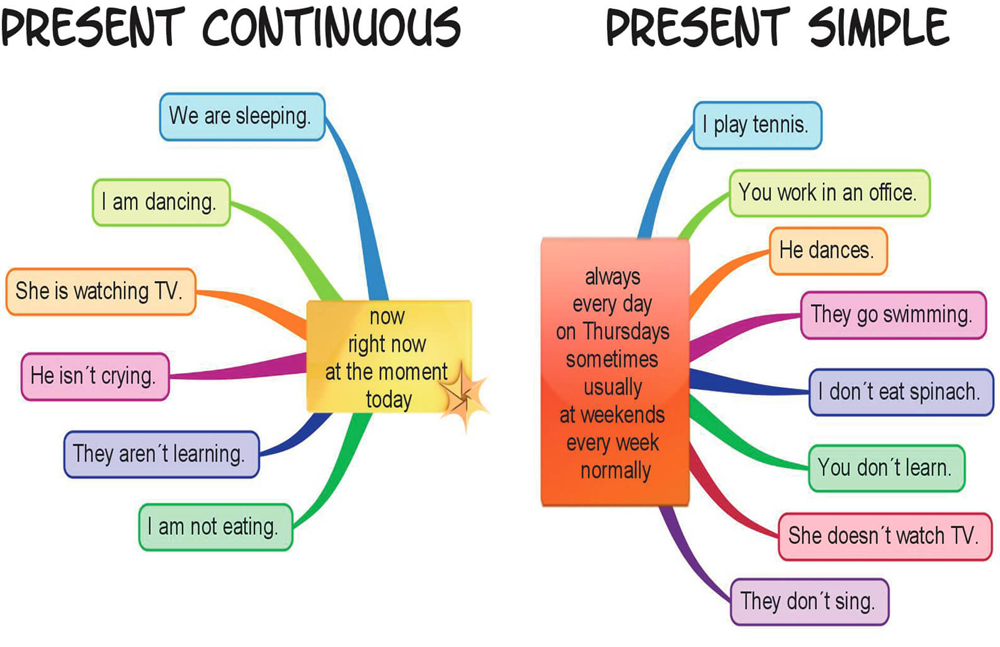
- My Word Coach: Available for both Wii and Nintendo DS, this linguist-developed game will help students improve their verbal communication skills through six different fun, word-related games. Even better, the game comes complete with a built-in dictionary loaded with over 17,000 words.
- uDraw Studio: Instant Artist: Help your young learner embrace his or her creative size with this game and drawing device. Players can engage with built in games (using custom-designed avatars and settings) or just get busy creating their own masterpieces.
- Sesame Street: Once Upon a Monster: Geared toward younger learners, this video game brings Sesame Street favorites like Elmo and Cookie Monster together to read kids stories and get them engaged and moving through a series of fun and physical games.
- Smarty Pants: Even parents will enjoy playing this trivia game from Electronic Arts. Similar to Trivial Pursuit, the game quizzes players on a variety of topics from history, to science, to sports, challenging players to come up with right answers and to show off their skills.
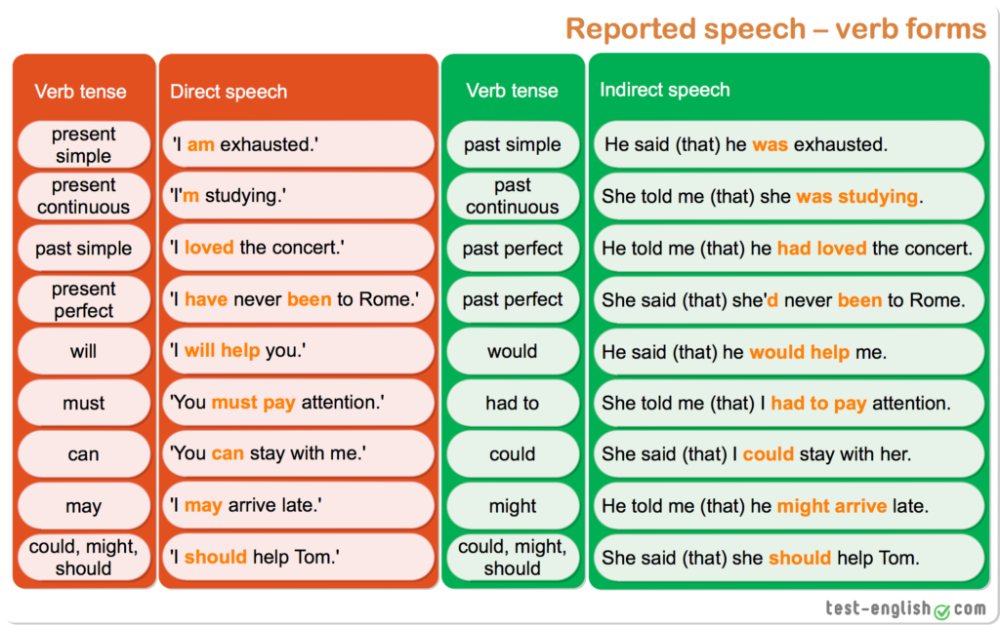
- Reader Rabbit: The Reader Rabbit series has reading-related educational games that touch a variety of learning levels and topics. The one we've linked to here is for second graders, but there are others for lower and higher grades. All get kids involved in reading through a series of fun mini-games.
- National Geographic Challenge: Bolster your kids' geographic knowledge with the help of this fun Xbox game, which allows players to quiz themselves, complete puzzles, or explore the world.
- Escape Adventure Island: This Jump Start title is one of many the company offers on the Wii platform. Through it, young learners engage with a 3D environment that helps them to practice math, reading, and critical thinking skills, earning virtual rewards as they go.
- Storybook Workshop: This bargain-priced Wii game is perfect for youngsters who are just learning how to read. It features 16 different fairy tales that kids can listen to or perform, songs you can sing, and even the capability to record your little ones reading the stories.
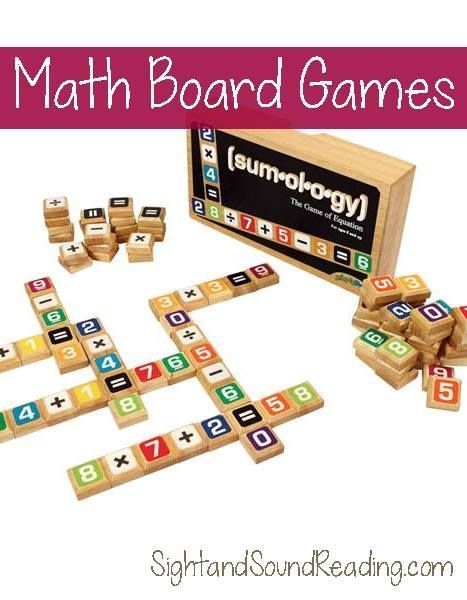
- LittleBIGPlanet 2: LittleBIGPlanet not only boasts some amazing graphics, but it is also a great game for getting kids to develop problem solving skills. Players navigate through a rich landscape, finding objects along the way, many of which can be used to solve puzzles that will challenge young minds.
- Portal 2: Instead of having players shoot their way to victory like many games do, in Portal 2 players have to use their wits to escape Aperture Laboratories and challenge the power-mad robot at the heart of the story. Ranked as one of the best games of all time, it's a memorable and mentally challenging experience that players won't soon forget.
- Brain and Body Connection: Encourage students to push not only their minds but also their bodies in this game that pushes them to excel in both areas. Kids can play individually or you can all play together as a family.
Handheld Devices
Nintendo and Playstation handheld devices get an educational upgrade with these games.
- Big Brain Academy: Big Brain Academy, a Nintendo DS game, asks players to take on a number of different kinds of challenges which are timed. Essentially, it's a workout for the brain, designed to challenge players of all ages.
- Magic School Bus Oceans: This is just one of many Magic School Bus games out there, all of which can be amazing ways for young learners to have fun while surreptitiously being educated. In this game, kids will explore the ocean through a series of lessons and seven different educational games.
- BrainQuest: Geared towards grades three and four, this game poses more than 6,000 questions to players. There's action as well as puzzles, and the two are combined in a way that will make kids reluctant to put down the game.
- Spelling Challenges: If your students are in need of some help with spelling, this game could be a fun way to get them to practice. It contains more than 25,000 words at 100 different levels and engages players through 11 different games.

- Book Worm: Reading, spelling, and other language skills are tested in this fun Nintendo DS game. A wealth of word puzzle games will keep kids smiling as they build their own virtual libraries within the game.
- Animal Genius: Animals are fascinating to young learners and this game capitalizes on that. There are five mini-games to play, each focusing on a different habitat, that will quiz kids on their knowledge of all things animal-related.
- Learn Science: Filled with fun mini-games, this title for the Nintendo DS is a great way to help kids practice their science knowledge. There are different game modes and difficulty levels that will extend play to a wide range of learners.
- Brain Age: Parents and kids alike will love using this application to train their brains and become a mental athlete. From math to logic to word problems, there are numerous challenges that will help learners in every aspect of their education.
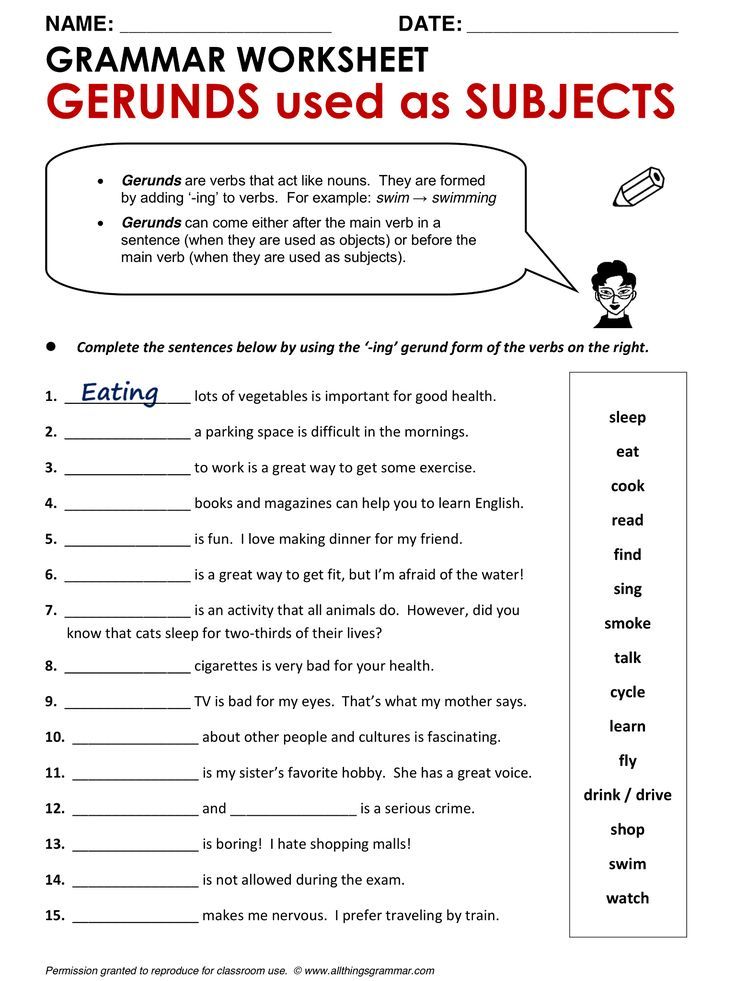 A series of games and tests will help students build the knowledge they need to ace the test, and it just might even be fun to do.
A series of games and tests will help students build the knowledge they need to ace the test, and it just might even be fun to do. - futureU: Homeschooled kids getting ready to head to college? You may want to invest in this game (it's relatively cheap, so it's not really much of an investment), which helps prep students for the SAT.
- Drawn to Life: Want to help your budding young artist, animator, or creative type embrace his or her talents? This game can be a great way to do so. It allows players to make a drawing which will be brought to life and used to play a series of fun and entertaining games as they fight to bring back an imperiled village.
Computer
Power up your PC or Mac for some learning fun when you invest in these amazing educational games.
- SimCity: This classic game isn't just fun. It also teaches invaluable lessons about city planning, environmental impact, and even natural disasters.

- Spore: Your homeschool students can get excited about evolution by playing this game that takes them through single-celled organisms all the way up to space exploration and colonization. Players slowly design their own creatures, adding traits and behaviors along the way that will help or hinder their survival as they evolve. It's fun, addictive, and sneakily educational.
- Nancy Drew: Encourage your kids to hone their critical thinking and problem-solving skills by playing this fun PC game that challenges them to solve a mystery as girl detective Nancy Drew.
- ItzaBitza: In ItzaBitza, drawings come to life. Not only that, but it's also designed to help early readers boost their skills, offering both amazing creativity, confidence building, and language skills.
- Crazy Machines: The Wacky Contraptions Game: Build creative machines, test your contraptions, and put them to work in this imaginative game that teaches the basics of physics, electricity, gravity, and particle effects.
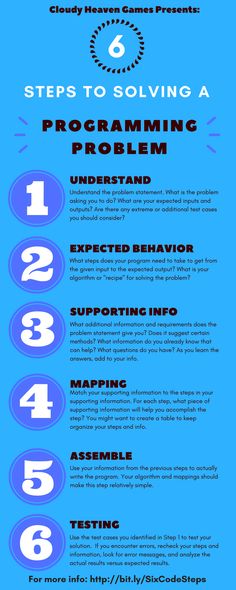
- Brainiversity: This Windows-based game will help you and your kids keep your brains fit and healthy by testing them through mental training sessions. Mini-games cover language, memory, math, and analysis; all valuable skills to have in any academic endeavor.
- Civilization: What makes one civilization thrive while another dies? Players will learn just that as they build their own empires in this classic game. The game offers lessons in strategy, ancient and modern cultures, and the fundamentals of human society; a great accompaniment to history lessons.
- Hearing Music: Give students ages 5-11 a fun way to boost hearing skills and learn more about music by supplying them with this fun game-based learning method.
Online
These online educational games and resources are making a splash with parents and school districts alike.
- Gamestar Mechanic: You can help your video game-loving kid to embrace tech skills through this game, which allows young players to design and build their own video games.
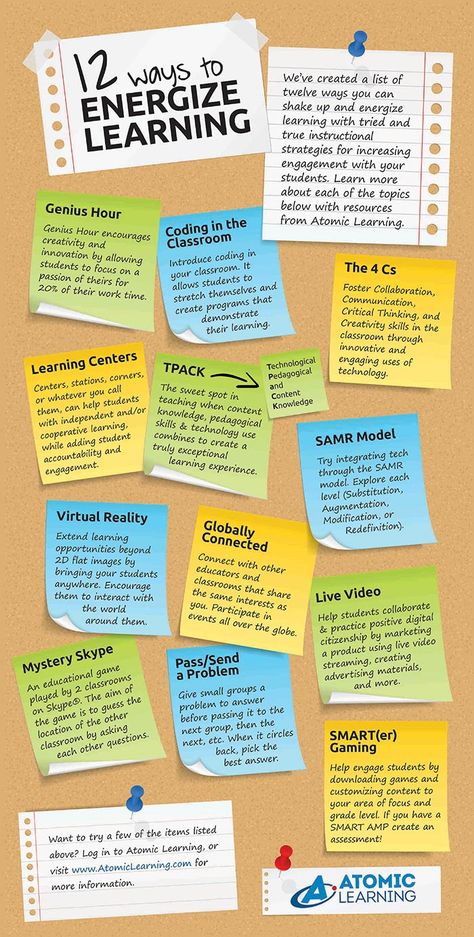
- Math Blaster: One of the most widely used math games out there, this free game will make learning math more fun than ever for your young learners.
- Quest Atlantis: A popular choice at schools across the country, this educational gaming environment immerses upper elementary and middle school kids in lessons on everything from science to social issues.
- Whyville: Through Whyville, kids can create an avatar, play educational games, hang out with friends, and have fun while doing it!
- Minecraft: Minecraft isn't just an educational game, it's become a nationwide phenomenon. As this Slate piece discusses, the addictive game has captivated students and parents alike. Why? It inspires creativity and problem solving while also being just, well, fun.
- Manga High: Math gets a fun makeover on this site, focusing on game-based learning for students at a wide range of levels.
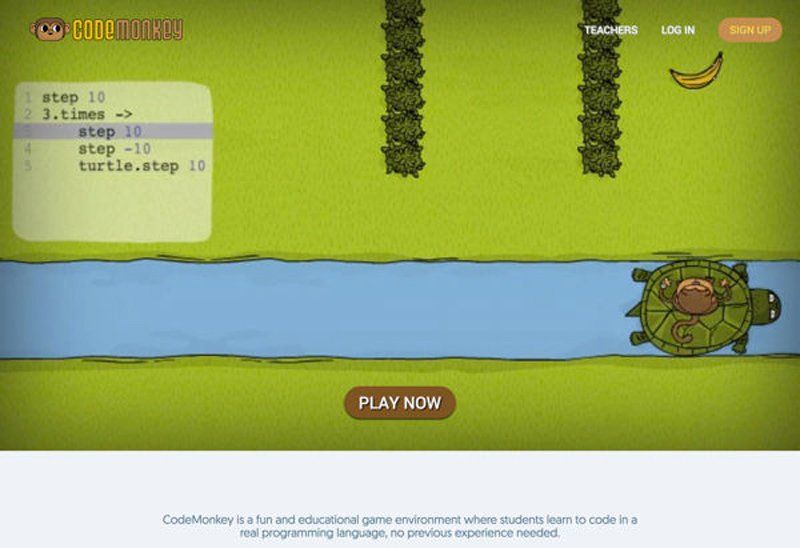 Basic games are free, but the full suite will cost you.
Basic games are free, but the full suite will cost you. - 20Q: The online version of 20 Questions, this site can be used to help students think and reason.
- Ology: Created by the Museum of Natural History, this game-filled site is an excellent resource for lessons in astronomy, biodiversity, genetics, paleontology, and more.
- Gamequarium: This site is full of learning-based games that focus on a wide range of skills and topics. From number games for kindergartners to Spanish help for middle schoolers, and even a special section for homeschoolers.
- FunBrain: There are dozens of learning games on this site that kids will love to play and you'll love for them to learn from. Reading Arcade, Math Baseball, and Grammar Gorillas are just a few that will become instant classics in your home.
iPad
If you're lucky enough to have a tablet, maximize its potential in the classroom by downloading a few (or all) of these great educational games.
- Rocket Math: At less than a dollar, this excellent math-learning game is a real value, especially as it has been named one of the best games for kids by a number of sources. It certainly helps make math fun, providing players with a whopping 56 different math missions.
- Toontastic 3D: Kids can build their own animations in this great free game from Launchpad Toys.
- Stack the States: Learning about the states has never been so fun. This game uses a range of games to help young kids learn the names and locations of states. Geography learners can also play Stack the Countries.
- Montessori Crosswords: Filled with hands-on, Montessori tested activities, this game will help improve spelling skills.
- Fish School: Geared towards young children, this game uses cute fish graphics to teach the alphabet, numbers, shapes, and colors.
- Khan Academy: Khan Academy's wealth of educational games is even better when accessed through a tablet, challenging kids to learn, grow, and get better in their core subjects.

- Super Why: Created by PBS, Super Why is a literacy-focused game that helps build skills in everything from reading to rhyming.
- Oregon Trail: Kids have been loving and learning from Oregon trail for decades now. This updated version for the iPad and iPhone is just as fun and boasts better graphics.
- Mindsnacks: Language learning in homeschool can be hard if you're not totally fluent, but games like Mindsnacks can help, quizzing learners on basic vocabulary words in English, Chinese, French, Italian, Korean, Spanish, and Vietnamese.
- PLATO Achieve: While geared towards school districts, this educational system based on Common Core Standards can also be a boon to homeschoolers. You'll find educational tools galore, including a range of interactive games that touch on topics like math and language learning.
5 experiments that prove that games help learn and grades harm
Games make children happier and prepare them much better for life than regular lessons.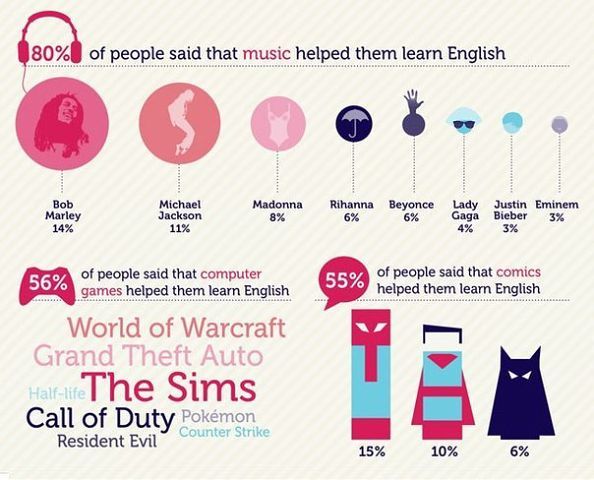 The author of the book "Freedom to Learn" Peter Gray is sure of this. It helps parents to take a fresh look at the learning process and understand how significant the game is in the life of a child. Mel, together with the Mann, Ivanov and Ferber publishing house, present five arguments from the book in favor of making learning more playful and fun.
The author of the book "Freedom to Learn" Peter Gray is sure of this. It helps parents to take a fresh look at the learning process and understand how significant the game is in the life of a child. Mel, together with the Mann, Ivanov and Ferber publishing house, present five arguments from the book in favor of making learning more playful and fun.
1. If you force a child to study well, you can take away his desire to study at all
Psychologists came to these results during the following experiment. They watched the students play billiards. At first they discreetly recorded the results of each player, then they began to make it more obvious so that the players noticed that their game was being evaluated.
The researchers came to the conclusion that experienced players (who can be called masters) began to play much better, while beginners, on the contrary, began to score significantly less points.
It turned out that this observation is also true for schoolchildren: grades have a positive effect only on those who already know or can do something, and if the child is just learning, then grades interfere with him and make him absorb the material much worse.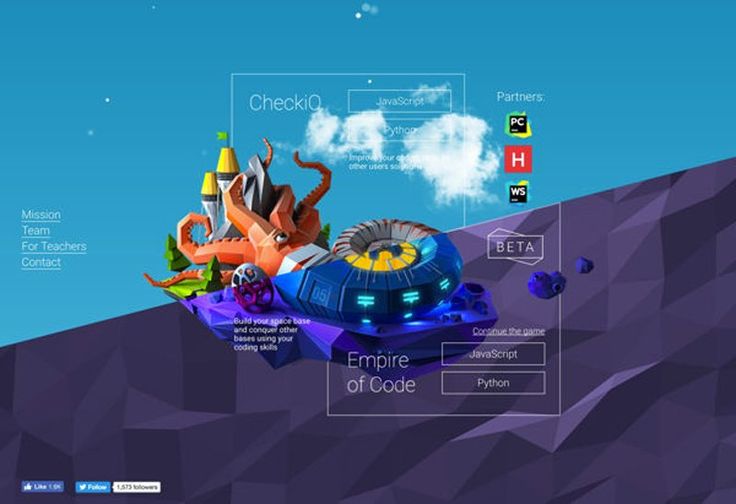
2. If the creative process is stimulated, the child's abilities will not develop
Psychologist Teresa Amabile has been studying creativity for many years. She did this experiment. The children had to draw a picture or write a story. It had to be done at speed.
At the same time, she motivated some participants: she informed them that their work would be exhibited at a competition or a prize was due for the best one. Other participants were not promised anything.
Why you shouldn't help kids with creative tasks
Teresa then asked the experts to evaluate all the work. It turned out that the work of those who were motivated turned out to be less creative and innovative.
This proves that any incentives reduce the ability to think creatively and harm creativity.
If a student draws something just for fun, then his creative abilities are revealed to a greater extent.
3. Play helps to develop creativity
This experiment helped scientists figure out how to develop children's creativity.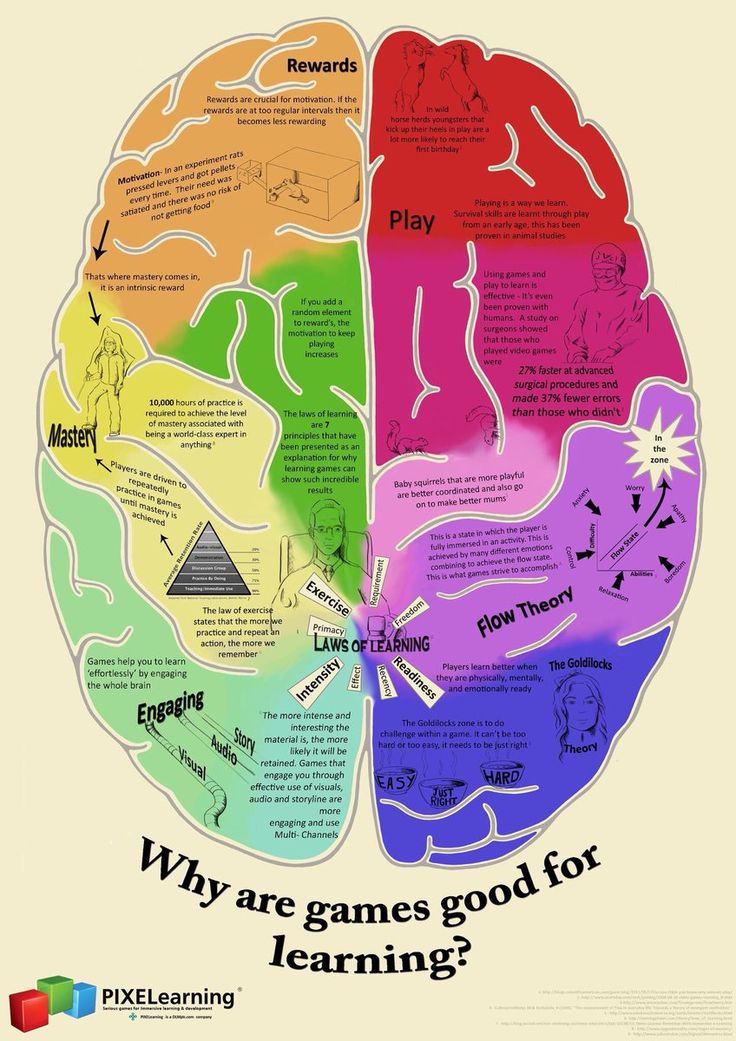 A group of kids were asked to make collages. Before starting work, some guys were told to play with salt dough for 25 minutes, others were forced to rewrite the text. As a result, the collages of kids who managed to play before the experiment turned out to be more creative.
A group of kids were asked to make collages. Before starting work, some guys were told to play with salt dough for 25 minutes, others were forced to rewrite the text. As a result, the collages of kids who managed to play before the experiment turned out to be more creative.
4. Laughter improves a child's analytical thinking
Alice Isen, professor at Cornell University, found out how mood affects our analytical abilities.
He offered students to solve a classical analytical problem. The essence of the experiment: each of the participants receives a box of buttons and a candle. The task is to fix the candle on the wall so that it can burn and the wax does not fall on the floor.
“If children don’t play, adults are to blame”
Before giving a task to the students, he showed the first group of children a fragment of a funny film, the second group showed a fragment of a rather boring movie of the same duration, and the third group showed nothing.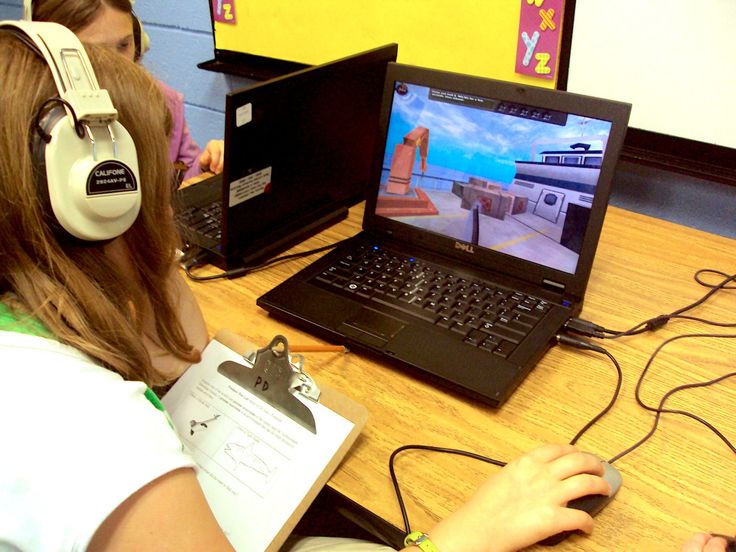
The results were amazing: 3/4 of the students who watched the comedy solved the problem, and only 20% of the children from the other groups were able to attach the candle to the wall correctly.
The conclusion is simple: even five minutes of humor stimulates creativity and ingenuity.
5. Games help develop logic
Toddlers can solve challenging tasks for their age in play mode. British scientists came to this conclusion. They asked the children the following logic puzzle:
All birds meow
Kesha is a bird.
Does Kesha meow?
Children 10-11 years old could not cope with him.
Then the researchers offered them to four-year-olds. When the kids were asked a problem in a serious tone, they answered quite predictably: “No, birds don’t meow. They chirp." Children could not imagine a judgment that did not correspond to reality.
But as soon as scientists guessed a riddle with humor in their voice, the children immediately understood that it was a fictional world. Then they gave the correct answer: "Yes, Kesha meows."
These studies show the importance of play in a child's development. At the same time, evaluations, praise and rewards have the opposite effect and harm rather than benefit.
Based on the book "Freedom to Learn".
Cover image: iStockphoto / shironosov
TOP 10 games for learning programming for kids
Games are the greatest invention of mankind. They help not only to have a good time, but also to study. IT is no exception: there are many games for learning to program. We will tell you which of them will be useful.
Game teaching methods not only captivate the child, but also provide a strong mastery of knowledge and skills. The theory from the textbook can be forgotten in a few days, but what the student has mastered in the game will be remembered for a lifetime.
So put your textbooks away! Of course, they are useful, but the student can get bored. It is better to learn to program with pleasure - in a playful way. Here are the TOP 10 games that will help you learn to code:
Here are the TOP 10 games that will help you learn to code:
Scratch
Perhaps the most popular game for kids who want to learn to code. With Scratch, you can create interactive stories, games, and cartoons. In it, the child will learn how to work with variables, branches and loops, as well as write in the visual programming language Scratch.
Human Resource Machine
The ability to solve algorithmic problems is an important skill for those who dream of connecting life with IT. Without it, you won't be able to learn how to program. In the Human Resource Machine game, the player controls a clerk who must carry out the instructions of the chief. The goal is to automate its work in a game programming language using algorithms.
SQL Murder Mystery
Do you want to try on the role of a detective? Miss Marple or Sherlock Holmes? In SQL Murder Mystery, you will investigate a murder in SQL City. And competent database queries will help in this. Learn to formulate them, and you will definitely get to the bottom of the truth.
Learn to formulate them, and you will definitely get to the bottom of the truth.
while True: learn ()
What would you do if your cat programmed better than you?.. That's right, learn from him. There is only one problem - cats do not talk and cannot transfer knowledge. In while True: learn () you have to create a cat-to-human translator. To do this, you will have to master the basics of machine learning, moving data and functional blocks in such a way as to write a translator.
Code Monkey
Do you remember the Tamagotchi in which you had a perpetually hungry pet? The game Code Monkey is somewhat similar to him, only the pet is more independent - he gets food himself. Your task is to control your pet monkey so that he collects as many bananas as possible and does not go hungry. The game will help you learn the basics of programming and learn how to work with complex algorithms.
CodinGame
Are you ready to save the planet from aliens? Then this game is for you! You will have to defend yourself from alien ships, control a laser gun and use one of the programming languages for this.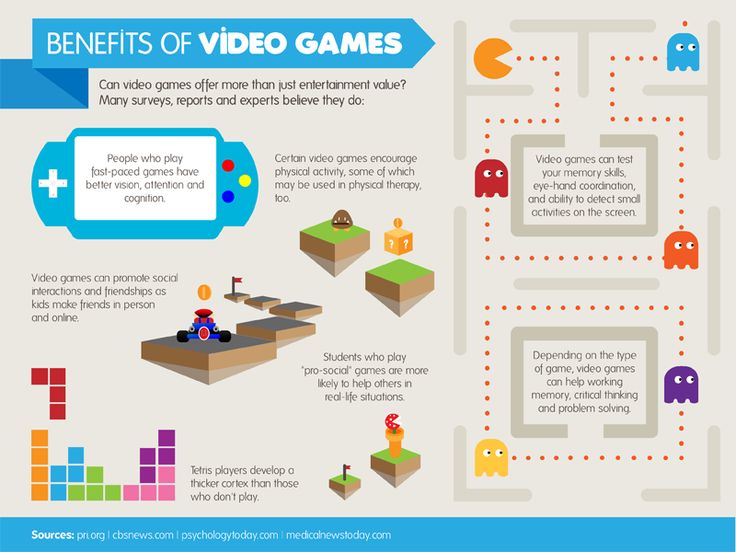 Choose from: C, C++, C#, Go, Groovy, Haskell, Java, JavaScript, Kotlin, Lua, Objective-C, OCaml, Pascal, Perl, PHP, Python (v. 3), Ruby, Rust, Scala, Swift, TypeScript , Visual Basic .NET. But that's not all! You will learn the basics of artificial intelligence and compete with other players. Ready to take on the challenge?
Choose from: C, C++, C#, Go, Groovy, Haskell, Java, JavaScript, Kotlin, Lua, Objective-C, OCaml, Pascal, Perl, PHP, Python (v. 3), Ruby, Rust, Scala, Swift, TypeScript , Visual Basic .NET. But that's not all! You will learn the basics of artificial intelligence and compete with other players. Ready to take on the challenge?
Untrusted
Or do you prefer the dark side? Then try yourself as a hacker! In the multiplayer puzzle game Untrusted, you will hack into the server and try not to get into the eyes of secret agents. And also - learn how to work with the Java programming language and think through cunning tactics. A great simulator for the brain of novice programmers.
Tynker
What will you do today: fight the goblins or fly to Mars? In Tynker, you can do both, plus play Minecraft and raise monsters. The game is designed for a fun learning HTML and CSS, JavaScript, Python and Java.
Empire of Code
Ready to lead an army of robots? Then Empire of Code is for you.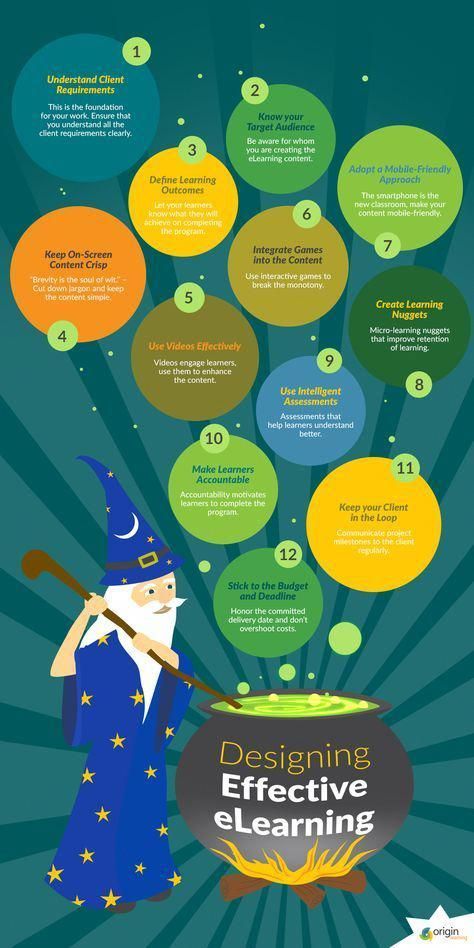 You have to participate in battles, mine gold and control robots using JavaScript or Python programming languages. Choose which one you like best and fight your opponents.
You have to participate in battles, mine gold and control robots using JavaScript or Python programming languages. Choose which one you like best and fight your opponents.
RubyWarrior
The player will have to show courage to fight the monsters and save the princess. But instead of a sword, he will have a code - in order to win, he will need to solve non-standard problems in the Ruby programming language. Each time the tasks will become more difficult, and the level of Ruby proficiency will increase.
Of course, learning to code through games is a good solution for those who are learning to code. However, to become a strong programmer, this is not enough - you need to learn fundamentally. At the School of Programmers, schoolchildren just get the necessary IT knowledge base and consolidate their skills in practice, including in games.
Help your child become a strong programmer! To do this, register on our Informatics platform and select the date of the entrance test.